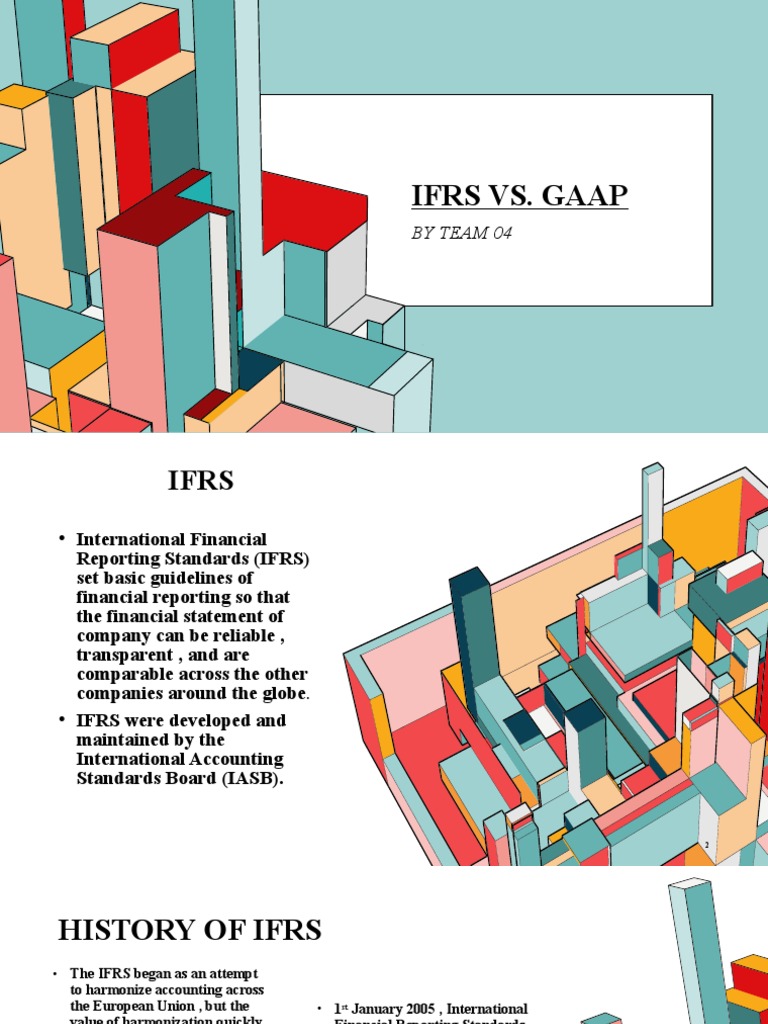

Global businesses face a unique challenge in accounting: navigating varying international standards. This article delves into the crucial distinction between GAAP (Generally Accepted Accounting Principles) and IFRS (International Financial Reporting Standards) within the context of a global business plan.
For businesses aiming for international expansion, the selection of accounting standards is pivotal. Choosing the right framework not only impacts financial reporting but also influences taxation, investor confidence, and ultimately, business success.
GAAP, prevalent in the United States, is a set of accounting rules unique to the American market. It is highly specific and detailed, with a strong emphasis on detailed, sometimes granular, financial reporting procedures. This approach aims to provide transparency and comparability within the American market.
IFRS, in contrast, is a globally recognized set of accounting principles. Its broader scope and flexibility encourage international harmonization of financial reporting. IFRS seeks consistency in the presentation of financial information across diverse markets.
The differences between GAAP and IFRS extend beyond their origins and application. Key distinctions revolve around presentation of financial information. GAAP often employs different methods for recognizing revenues or expenses, compared to IFRS.
Furthermore, the treatment of certain assets and liabilities can vary significantly. The application of specific accounting methods for intangible assets, for example, may differ substantially between the two frameworks.
In constructing a robust global business plan, careful consideration of the potential accounting implications is paramount. Choosing the right accounting framework will ultimately dictate how financial performance is measured and reported in international markets.
Companies operating in multiple countries often need to adapt their accounting practices based on the specific jurisdiction’s requirements. This may involve a dual accounting system where companies comply with both GAAP and IFRS principles, especially when reporting to different stock exchanges or regulatory bodies.
Moreover, tax implications can shift dramatically based on the adopted accounting standards. Specific tax laws in different countries may vary in how they interpret and respond to GAAP or IFRS accounting procedures. Accounting expertise is critical in this regard.
Selecting the appropriate accounting standards significantly impacts the financial statements presented to stakeholders. Investors, lenders, and regulators need confidence that financial data reflects accurate and consistent metrics. This underscores the importance of selecting the most appropriate accounting framework for the business’s international strategy and audience, considering regional and global factors. This often requires consulting with financial professionals, legal advisors and international accounting experts, to navigate the specific requirements of each market successfully. Furthermore, currency conversion is critical to accurate reporting across international markets. Understanding the nuances of exchange rate fluctuations is imperative when reporting financials to international investors or stakeholders, often involving specialist accounting or financial expertise for accurate interpretation and presentation. This aspect is crucial to international business success and robust financial reporting. Accounting should be viewed as a major component of global business plan success, providing a solid foundation for decision-making and demonstrating transparency for all stakeholders in any international market. This will, in turn, enhance the business’s long-term success. Consultations with financial and accounting professionals are highly recommended for the best outcomes in any global business endeavor. Ultimately, understanding the differences between GAAP and IFRS, is a key facet to building a successful global business plan that allows for growth and expansion in international markets. This understanding should be integrated into any international business approach for clear and consistent financial reporting practices that foster trust, both domestically and internationally. The implications are far-reaching, affecting not only financial statements but also regulatory compliance and investor confidence in the global market. These are key considerations in the creation of a robust global business plan, directly affecting the strategic direction and implementation within all markets in which the business operates. A well-structured plan will account for the varying aspects of GAAP and IFRS, ensuring clarity and accuracy in financial reporting. Consulting with accounting and legal advisors is essential when formulating a solid international business approach. Expert advice on regulatory requirements and the specific accounting practices for different regions ensures that the business operates with legal compliance and accountability across various markets in the international arena, ultimately ensuring that financial reporting adheres to the highest global standards and supports the long-term objectives of the business plan. Professional accounting support is essential for success in an international marketplace.
Understanding the nuances of GAAP and IFRS is crucial for navigating the complexities of international business. A well-informed approach to accounting standards allows for transparent financial reporting and fosters trust in global markets. Ultimately, the choice between GAAP and IFRS hinges on the specific needs and circumstances of the global business plan, and thorough research and consultation with financial professionals are essential.